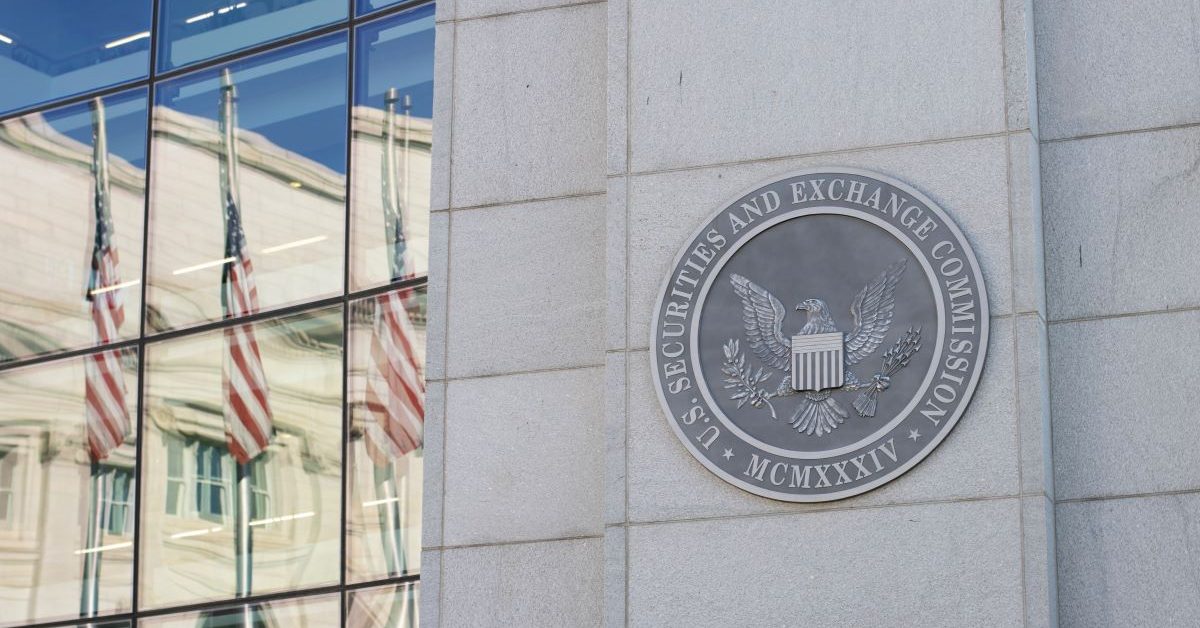MARCH 26, 2024
Securities and Exchange Commission (SEC) Lays Out New Sustainability Reporting Requirements

 By Alison Crawley, Global Sustainability Manager, Sonoco ThermoSafe
By Alison Crawley, Global Sustainability Manager, Sonoco ThermoSafe
A recent ruling by the Securities and Exchange Commission (SEC) aims to increase and standardize climate-related disclosures by public companies. The ruling is in response to pleas from investors for more transparency, consistency, and comparability regarding the financial effects of climate-related risks of public companies.
Climate change has increasingly become a concern for the world and the financial sector, driven by an uptick of climate-change driven natural disasters and the damage and disruption they can cause. As the impact of climate change on the economy continues to be felt, investors want to be informed about the climate-related risks of the companies they are considering funding.
This increased scrutiny of climate-related risks and corporate reporting revealed an inconsistent and largely voluntary reporting structure.
The new ruling by SEC, adopted on March 6, 2024, “builds on past requirements by mandating climate risk disclosures by public companies” said SEC Chair Gary Gensler.
The final rules will require a registrant to disclose:
- Climate-related risks that are likely to have material impact on the registrant’s business strategy, results of operations, or financial condition
- Actual and potential material impacts of any identified climate-risks on the registrant’s strategy, business model, and outlook
- Quantitative and qualitative description of material expenditures incurred and material impacts on financial estimates and assumptions that directly result from such mitigation or adaptation activities
- Activities to mitigate, manage or adapt to climate-related risks including transition plans, scenario analysis, or internal carbon prices
- Oversight by the board of directors of climate-related risks and any role by management in assessing and managing the registrant’s material climate-related risks
- Processes for identifying, assessing and managing material climate-related risks and how this management is integrated into overall risk management system or processes
- Climate-related targets or goals including material expenditures and material impacts on financial estimates
- Scope 1 and Scope 2 Greenhouse Gas (GHG) emissions for large accelerated filers (LAFs) and accelerated filers (AFs) along with an assurance report
- Capitalized costs, expenditures expensed, charges, and losses related to severe weather events
- Capitalized costs, expenditures expensed, and losses related to carbon offsets and renewable energy credits/certificates
The implications of these new requirements are significant for public companies. Some companies already disclose information about climate-related risks, publish annual Corporate Social Responsibility (CSR) reports that include climate-related discussion, and report their Scope 1 and 2 GHG emissions but it was largely fragmented, variable and voluntary. This new ruling will now require companies to disclose climate-related risks in a consistent and comparable manner.
Background
The ruling leverages existing frameworks like the Task Force on Climate-related Financial Disclosure (TCFD), an industry-led task force charged with promoting better-informed investment, credit, and insurance underwriting decisions and the GHG Protocol, the leading reporting standard for GHG emissions broken into Scope 1, 2, and 3.
- Scope 1 includes the direct emissions from company owned or controlled assets, typically the use of natural gas, biomass, or coal.
- Scope 2 includes the indirect emissions from purchased energy, steam usage, or other heat and power usage.
- Scope 3 includes the indirect emissions from sources associated with upstream and downstream operations. Scope 3 is the catch-all for all operations, processes, and activities not included in Scope 1 and 2, with the main categories being purchased goods and services, end of life and use of sold products, transport, franchises, and other assets.
Scope 3 Not in Scope
In the 2 year development of the final requirements, SEC incorporated some changes to the proposed rules based on public comments received. One notable exclusion to the final ruling is the required reporting of Scope 3 emissions, originally part of the proposed rules. Some environmental advocates see this as a setback because this is typically the largest category of GHG emissions for many companies. Some businesses are relieved because there was concern about the effort, cost, and complexity of reporting Scope 3 emissions. Ultimately, SEC cited public review comments as the reasoning for the exclusion of Scope 3 emissions required reporting.
Industry and Legal Responses
The response of the SEC’s ruling has varied throughout stakeholders. Many investors have welcomed the new rules. Some companies have expressed concern about the cost and complexity of compliance. SEC’s review and revision to the final ruling attempted to find a balance between the need for transparency and the required effort of reporting. However, the ruling is already facing scrutiny and legal challenges, most notably a temporary pause by U.S. appeals court and a law suit filed by U.S. Chamber of Commerce.
The final ruling of SEC aims to compromise between increased transparency to inform investors with climate-related information and the regulatory burden on companies. It represents a landmark step towards enhanced climate-related disclosures and a coupling of environmental sustainability, corporate transparency, and investment.
With the growing concerns about climate change causing business disruption, climate-related financial disclosures will likely increase and become a bigger driver in investment decisions. This SEC ruling is related to a European law enacted on January 2023, called the Corporate Sustainability Reporting Directive (CSRD). This legislation also aims to provide investors and stakeholders access to information to evaluate impact of companies on people and the environment. It also increases the reporting required to help investors assess financial risks and opportunities arising from climate change. This reporting will be done according to European Sustainability Reporting Standards (ESRS) and following similar protocols of the SEC ruling. Global companies operating in Europe and the United States continue to need adapt to changing requirements and legislation presenting both challenges and opportunities.
Sonoco, and in relation, Sonoco ThermoSafe, has been a leader in sustainability and corporate transparency for many years and is ready to adapt to the new SEC ruling. We can also support our customers on their sustainability journeys and the changing reporting requirements.
Learn more about Sonoco ThermoSafe sustainability commitments and journey.
